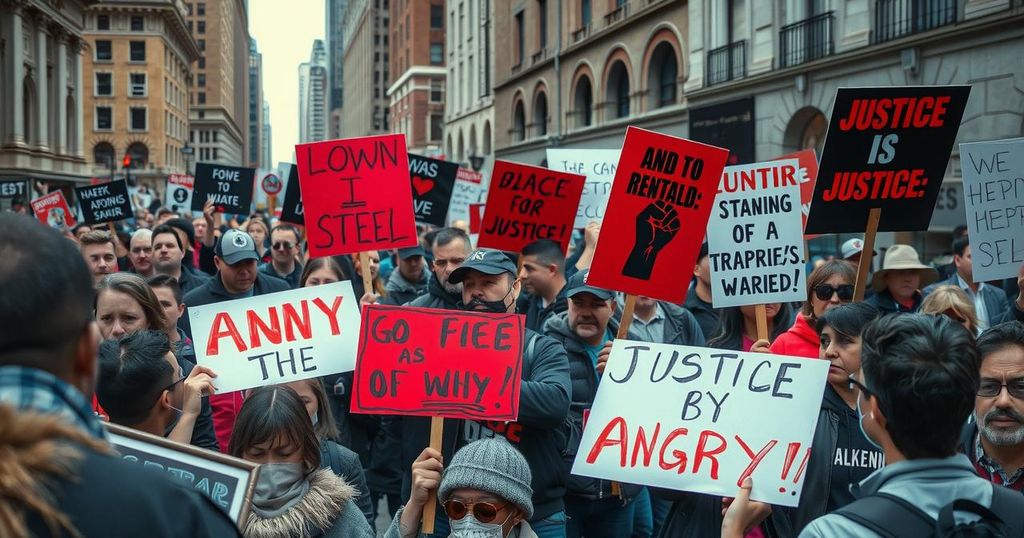Kenya to Charge Police Officers with Murder Over Blogger’s Death in Custody

Kenya’s prosecutors are pressing murder charges against six individuals, including three police officers, over the death of blogger Albert Ojwang in custody, which has incited significant public outcry and protests against police brutality. The charges raise concerns about accountability and whether higher-level officers will face scrutiny. Ojwang’s death followed his arrest prompted by a complaint from Deputy National Police Chief Eliud Lagat.
In a significant development in Kenya, prosecutors announced on Monday they would file murder charges against six individuals, including three police officers. This decision stems from the controversial death of a political blogger, Albert Ojwang, while in police custody, which has incited widespread protests across the country. The Office of the Director of Public Prosecutions confirmed that the accused are set to be presented in court on Tuesday, although it remains unclear whether they will have legal representation.
Ojwang, who was a 31-year-old blogger and teacher, died earlier this month following his arrest, which was instigated by a complaint from the deputy national police chief, Eliud Lagat. Lagat reported that false and malicious information was circulated about him on social media, prompting the police action. Initially, the authorities claimed that Ojwang’s death was a suicide; however, an autopsy revealed he had sustained injuries from an assault, leading police to retract their earlier statements.
The response to Ojwang’s death has been vigorous, with hundreds taking to the streets to protest against police brutality. Additional rallies are anticipated this Wednesday, coinciding with the one-year anniversary of previous large-scale protests, which escalated to a storming of parliament and resulted in casualties from police gunfire.
Human rights advocates have condemned the charges against the police officers, arguing that prosecuting only lower-ranking individuals is insufficient. They claim this is a deliberate attempt to cover up broader issues of police misconduct. Lagat, who has denied any wrongdoing in the matter, has temporarily stepped down from his position while the investigation unfolds.
Among the officers charged, James Mukhwana has reportedly revealed in investigative testimony that he was instructed by superiors to “rough up” Ojwang after the latter arrived at the station. This raises serious questions about the command structure and accountability within the police force. Efforts to secure a comment from Lagat have been unsuccessful, and the National Police Service has declined to comment on the ongoing situation.
To sum up, the Kenyan government’s decision to charge police officers with murder in the case of blogger Albert Ojwang’s death signifies a critical juncture in the ongoing struggle against police brutality. While this action has sparked protests and renewed discussions on accountability, critics argue it may not address the systemic issues plaguing law enforcement in Kenya. As more developments unfold, the reactions from activists and the public will likely shape the narrative surrounding this case further.
Original Source: www.yahoo.com







